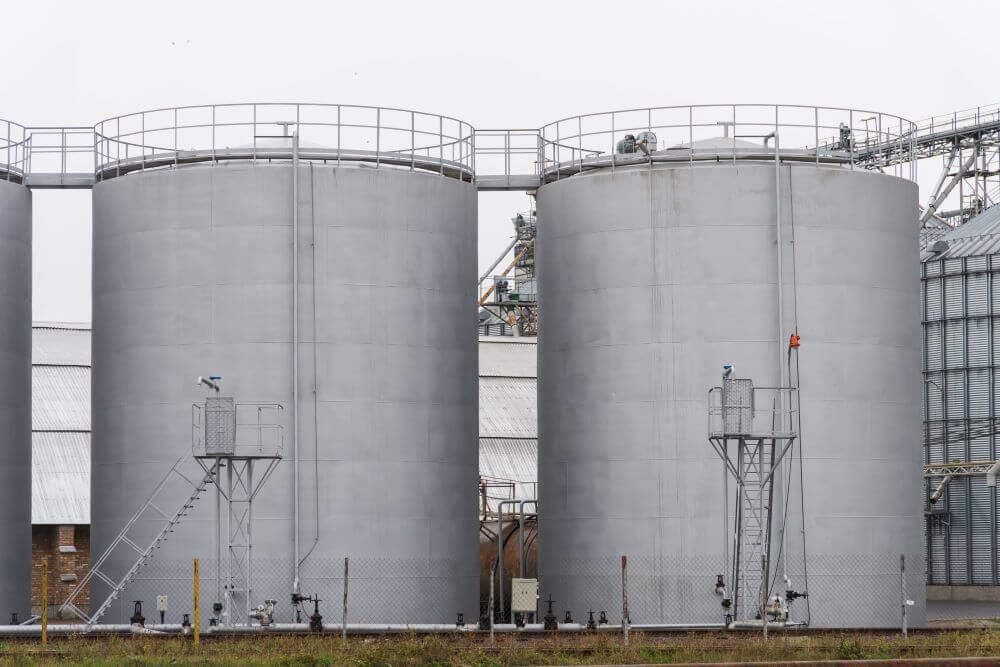The specialty chemical industry is integral to various sectors, including agriculture, healthcare, construction, and electronics. Choosing the right supplier for these chemicals is critical to ensuring consistent quality, regulatory compliance, and timely delivery. An informed decision can impact operational efficiency and safeguard the reputation of your business.
Here’s how to choose the right specialty chemical supplier.
Assess the Supplier’s Product Range and Specializations
A diverse product portfolio can be a sign of a well-established supplier. Identify whether the supplier specializes in the specific type of chemicals your industry demands. For instance, manufacturers catering to high-demand products like surfactants, adhesives, or specialty polymers demonstrate their expertise in niche markets.
Moreover, if your processes require unique blends, ensure the supplier can provide tailored solutions. For example, if your business requires precise formulations like polyvinyl alcohol, you can benefit from partnering with trusted polyvinyl alcohol manufacturers to secure reliable and high-quality products for their processes.
The supplier should also be able to accommodate varying order sizes as your business grows or fluctuates. A supplier who demonstrates versatility is more likely to fulfill both immediate and long-term requirements.
Verify Compliance With Industry Standards
Regulatory compliance is paramount in the specialty chemical sector. Suppliers must adhere to national and international standards to ensure product safety and quality. To verify compliance, you should consider the following:
- Certifications: Look for ISO certifications or equivalents that confirm the supplier’s commitment to maintaining high-quality standards.
- Documentation: Ensure the supplier provides Safety Data Sheets (SDS) and certificates of analysis for all products.
- Audits: Consider suppliers who are willing to undergo external audits to verify compliance and operational integrity.
By partnering with a compliant supplier, your company can minimize risks related to legal liabilities or substandard products.
Evaluate Their Technical Support and Expertise
The right specialty chemical supplier will go beyond simply delivering products. They’ll offer robust technical support to help optimize your processes. To evaluate their technical support and expertise, you must consider the following:
- Consultation Services: Suppliers should assist in selecting the right chemical grades for your specific applications.
- Troubleshooting: Technical support teams should be available to address product-related issues or process inefficiencies.
- Research and Development: Suppliers with dedicated R&D teams are better equipped to provide innovative solutions tailored to your needs.
Remember, a supplier’s expertise can significantly enhance the efficiency and cost-effectiveness of your operations.
Analyze Supply Chain Reliability and Logistics
Efficient logistics are crucial in ensuring uninterrupted operations. A reliable specialty chemical supplier must demonstrate robust supply chain management. Here are some factors to keep in mind when analyzing supply chain reliability and logistics:
- Global Reach: Suppliers with a global distribution network are better positioned to meet your demands consistently.
- Delivery Timelines: Assess whether the supplier adheres to promised delivery schedules, particularly during high-demand periods.
- Inventory Management: A supplier with sufficient inventory can minimize the risk of stockouts.
Transparent communication regarding lead times and shipping conditions is also an essential trait of dependable suppliers.
Examine Their Commitment to Sustainability
Sustainability is a growing priority across industries, and specialty chemical suppliers must align with environmentally responsible practices. For instance, seek suppliers who offer biodegradable or low-toxicity chemical options. Companies that invest in sustainable manufacturing practices, such as energy-efficient processes and waste reduction, also demonstrate their long-term vision.
Furthermore, look for suppliers with certifications or similar standards that affirm their commitment to sustainability. By partnering with a sustainable supplier, you can enhance your company’s reputation and contribute to broader environmental goals.
Evaluate Cost Efficiency and Transparency
While pricing is a crucial factor, it shouldn’t come at the expense of quality or reliability. Below are some factors to consider when evaluating cost efficiency and transparency:
- Value Over Cost: Focus on the overall value offered, such as technical support, product quality, and scalability, rather than just the upfront cost.
- Transparent Pricing: Ensure the supplier provides clear and detailed quotes without hidden fees.
- Long-Term Agreements: Inquire about discounts or incentives for long-term partnerships.
A cost-efficient supplier balances affordability with the assurance of premium-quality products and services.
Assess Their Industry Reputation and References
A supplier’s reputation is a reliable indicator of their reliability and quality standards. Here are some factors to keep in mind to assess their industry reputation and references:
- Client Testimonials: Look for reviews or case studies showcasing successful partnerships with businesses in your industry.
- Industry Awards: Suppliers recognized with awards or certifications often indicate higher standards of excellence.
- References: Request references from existing clients to gain deeper insights into their experiences with the supplier.
A reputable supplier is more likely to consistently deliver on promises and provide high levels of customer satisfaction.
Prioritize Long-Term Partnership Potential
Building a long-term partnership with your specialty chemical supplier fosters trust and mutual growth. Therefore, the supplier should be able to evolve alongside your business needs, offering new solutions or technologies as required. A supplier committed to understanding and prioritizing your needs also ensures better collaboration.
Additionally, reliable suppliers offer continued support post-delivery, ensuring the smooth integration of products into your processes. By establishing a solid relationship with the supplier, your business can lead to streamlined operations and cost savings over time.
Conclusion
Choosing the right specialty chemical supplier is a strategic decision that requires careful consideration of several factors, including product quality, compliance, technical expertise, and sustainability practices. Evaluating potential suppliers through these criteria can help ensure a reliable, long-term partnership that supports your operational and strategic goals.
By keeping the information mentioned above in mind, your business can secure a supplier that enhances both productivity and profitability.

